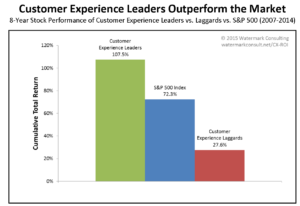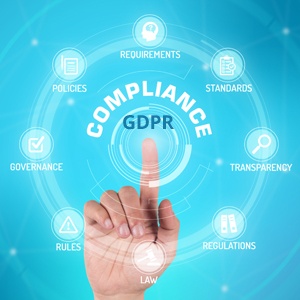CDP Is The Core of Digital Transformation
June 12, 2017Customer _________ fill in the blank: Experience, Centricity, Journey, Intelligence, Marketing, Retention. Yep, we are all on board. We aspire to be in greater sync with prospects and customers in the marketplace. For many, enter digital transformation (DX). The fidelity of data, identity, interconnectivity all are being recognized as essential to create and deliver a more custom experience. According to IDC, nearly $1.2 trillion (with a T) is forecasted to be spent worldwide on the mission in 2017. While existing and innovative systems will represent the bulk of the spend, the challenges will be use of the technology and design of how information will be captured and used.
The fuel for all of this? Comprehensive, timely, accurate customer-identifiable data flowing through it all.
Over the last ten years, the surprise has not been how much digital technology has evolved, but how much it has become integral to our everyday lives. Obviously, the urgency and moving target to engage with the digital customers has created an understandable anxiety for enterprises. In a Harvard Business Review article, PwC shared result of a “Digital IQ” survey to over 2,200 enterprise-level executives. Another surprise: the respondents rated themselves with less Digital IQ this year than a decade ago. A primary driver for the drop was a lack of availability and effective utilization of data.
Even with digital transformation critical to build a resilient business, technology changes continue to outpace a company’s ability to remain relevant. Regardless of the technology advances or innovations, a core function will remain: acquiring, maintaining and utilizing intelligently customer data.
Okay, you get it: Customer data is important. So, what competitive advantages does a Customer Data Platform provide in a digital transformation?
Fidelity. Double meaning here: Trust and precision. One of the most obvious is the quality of engagement with customers whose expectations rapidly continue to rise. The better the relationship, the greater tolerance of errors and higher premiums due to trust.
 |
Over an eight-year period, a Watermark Consulting study showed that leaders in CX outperformed the broader market, generating a total return that was 35 points higher than the S&P 500 Index. All the while, laggards trailed far behind, posting a total return that was 45 points lower than that of the broader market.
Engagement technology will continue to evolve, so it becomes more important not to simply collect large quantities of data, but to ensure Customer Data Platforms deliver the relevant attributes for the specific engagement. This timely relevant delivery of data at the core of digital transformation needs to be coupled with well-trained talent to ensure drastic improvements in customer experience.
Goodwill. Accountants are underrated. Even in this discipline, there is a line item to value the goodwill – the intangible asset that arises when a buyer acquires an existing business. While Customer Data Platforms have an inherent cost in building and maintenance quantified by traditional line items, the data housed within them represents the essence of the marketplace and how the brand engages with them. More enterprise companies are recognizing the value of this most important asset in the overall makeup of a company.
Know Thy Customer, Know Thyself. In this more digitally dynamic, interconnected world, a view of your customers in the marketplace is a reflection of your organization. Messages and actions from your advocates are far more powerful than messages from yourself. This direct correlation through CDPs provides executives with a new and necessary perspective to make smarter go-to-market decisions. Concrete and near real-time access to this information coupled with experience helps organizations overcome adaptation challenges in the highly competitive red queen landscape.
After working with various data-driven industries including energy, finance and now marketing technology for over 15 years reaching $600M of total value creation, I continue to see companies thrive not from their amount of data, but from the synthesis and the democratization of its use across the organization. Customers may not be predictable, but the need to build trust and develop meaningful relationships at scale never changes. Understanding customers and where they operate does deliver a competitive advantage. It is one of the primary reasons the CDP Institute was formed: to help others replace anxiety and guessing with confidence and better judgment through improved customer data management.
Adapt and subscribe to the CDP Institutes updates and stay ahead by reviewing the ever growing list of resources.
How would better knowing your customers improve operations within your company?


